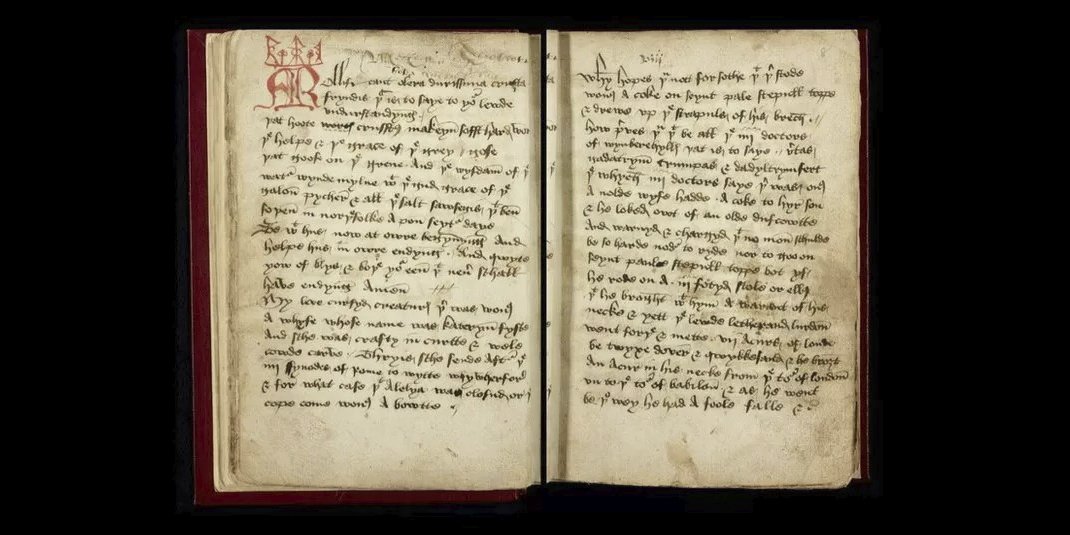Scientists from the University of Cambridge have found a text in a 15th-century manuscript that gives "the rarest idea" of medieval comedy performances. According to Dr. James Wade, who conducted the study Entertainments from a Medieval Minstrel’s Repertoire Book , this work confirms the important role of minstrels in the society of that time.
Judging by the text, in the comedy performance, the author ridicules kings, priests and peasants, and also encourages the public to get drunk more.

The manuscripts were copied by the clergyman Richard Hige, mentor of the Sherbrooke family, belonging to the Derbyshire nobility, who originally owned his booklets.
Dr. Wade concluded that Hige copied the text of an unknown minstrel who performed on the border of Derbyshire and Nottinghamshire around 1480.
Throughout the Middle Ages, minstrels traveled between fairs, taverns and baronial halls to entertain people with songs and stories.
Fictional minstrels are common in medieval literature, but references to real performers are extremely rare.
When this minstrel performed, the War of the Roses A series of armed dynastic conflicts between factions of the English nobility in 1455-1485 in a power struggle between supporters of two branches of the Plantagenet dynasty — Lancasters and Yorks. it was still going on, and the life of most people in England was quite hard. But even in such times, idle entertainment flourished, and minstrels always had venues for performances.
Dr. Wade also added that in such texts of the XV century it is sometimes difficult to recognize the comedic subtext, but in this case he literally had a "moment of epiphany" when he noticed that the author wrote: "[Written] by me, Richard Hige, because I was at that feast and didn't drink."
Most of the medieval poetry, songs and stories have been lost. And manuscripts often contain relics of high art. This is something else. It's crazy and insulting, but just as valuable. Stand-up comedy has always assumed risk, and these texts are risky, they make fun of everyone, high and low.